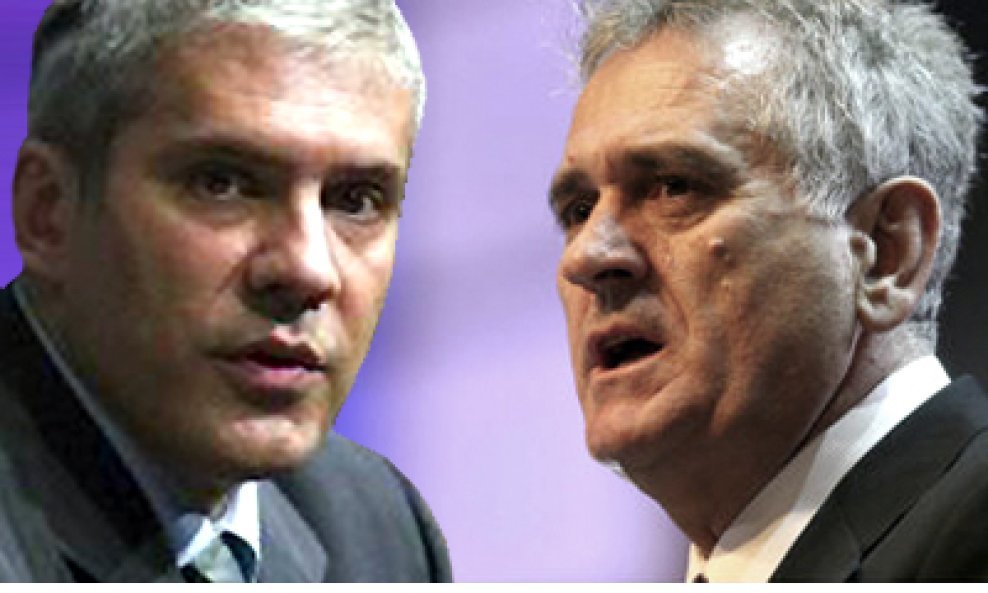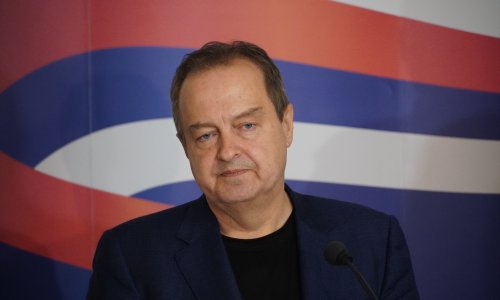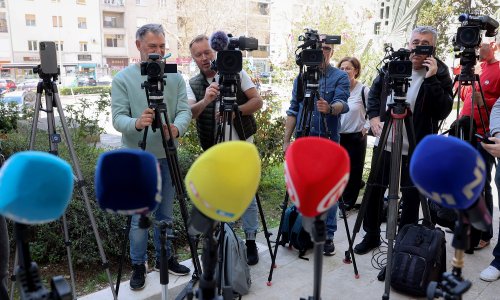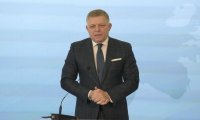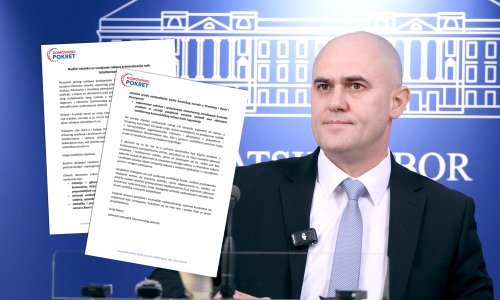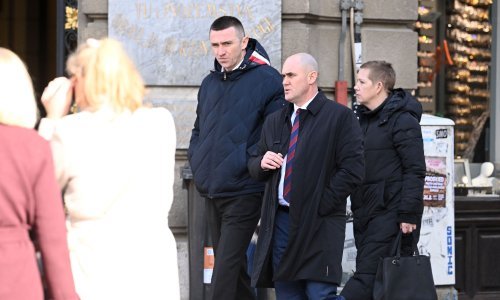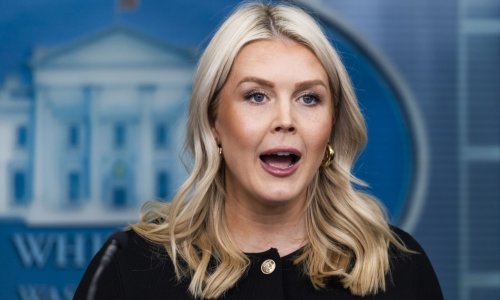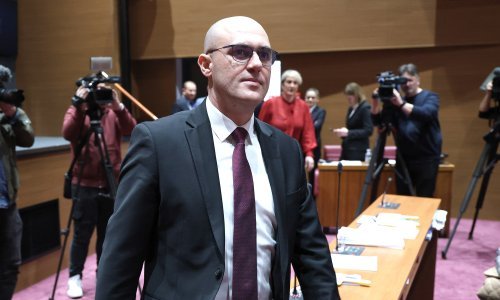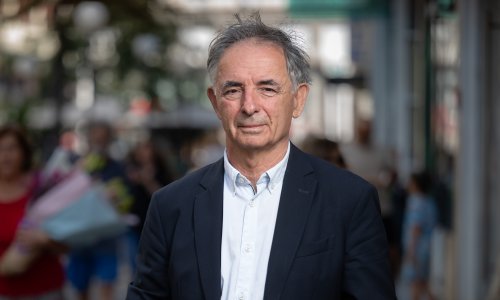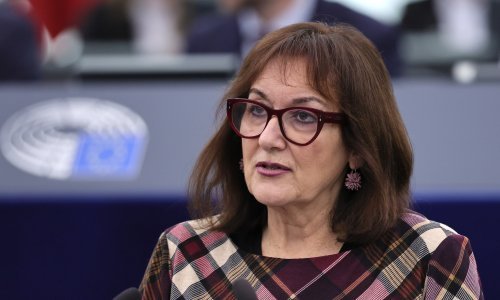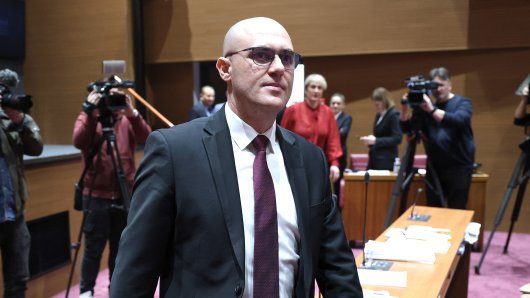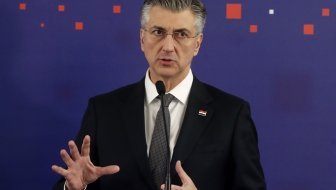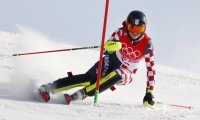Citizens of Serbia voted in presidential, parliamentary, regional and local elections on Sunday. In the presidential race, the candidate of the coalition led by the ruling Democratic Party (DS), Boris Tadic, won 24.81 per cent of the vote, while the candidate of the opposition Progressive Party (SNS), Tomislav Nikolic, captured 24.71 per cent, the Election Commission shortly after midnight on Monday, after counting 25.98 per cent of ballots.
They were followed by Ivica Dacic of the Socialist Party (SPS) with 15.76 per cent of votes, and Vojislav Kostunica of the Democratic Party of Serbia (DSS) with 7.34 per cent.
Zoran Stankovic of the United Regions of Serbia (URS) won 6.99 per cent, Cedomir Jovanovic of the Liberal Democratic Party (LDP) 4.61 per cent, and Jadranka Seselj of the Radical Party (SRS) 3.76 per cent.
The turnout was 59.96 per cent, and 4.3 per cent of ballots were declared invalid.
Tadic expressed confidence that he would defeat Nikolic in the runoff.
The coalitions led by Tadic's DS and Nikolic's SNS also won most of the votes in the parliamentary election. Tadic told a press conference that they would start talks on forming a new government after the presidential runoff on May 20.
In local elections, the slate headed by the incumbent Mayor of Belgrade and DS Vice-President, Dragan Djilas, received most of the votes in elections for the Belgrade City Assembly, the city election commission said. According to Beta news agency, it should win 52 seats in the 110-seat Assembly after 11.6 per cent of ballots counted. It was followed by Nikolic's slate with 24.3 per cent of votes and 35 seats, the Socialist Party of Ivica Dacic with 9.59 per cent and 13 seats, and the DSS slate with 10 seats.
The election commission in the northern province of Vojvodina has not yet released preliminary results. DS leader Bojan Pajtic was quoted by media as saying that his party was leading with 21.17 per cent of votes. It was followed by Nikolic's SNS with 18.1 per cent, Nenad Canak's League of Social Democrats of Vojvodina with 11.15 per cent and Dacic's SPS with 11.14 per cent.
Based on the preliminary results, analysts said that the new government would most likely be formed by a coalition of the Democratic Party and the Socialist Party, along with some minority parties, adding that it was important that its formation did not take long.
The head of the European Union Delegation in Belgrade, Vincent Degert, told Tanjug news agency that he was pleased that the pro-European parties had achieved good election results and that it could be said that Serbia would continue on the path towards EU membership.
Kosovo's government said in a special statement on Sunday night that Serbian presidential and parliamentary elections had for the first time been conducted in the territory of Kosovo without the participation of Serbian institutions. It said that the elections were held in accordance with international standards governing the rights of citizens with dual citizenship.
The Serbian elections in Kosovo were organised by the Organisation for Security and Cooperation in Europe (OSCE), and the Kosovo government praised the OSCE and other international organisations for their successful conduct. The government said that the ethnic Serbs throughout Kosovo had demonstrated "a high level of political culture" but that local elections held in the northern, predominantly Serb municipalities of Zvecane and Zubin Potok were illegal and would have no legal or political effect.



